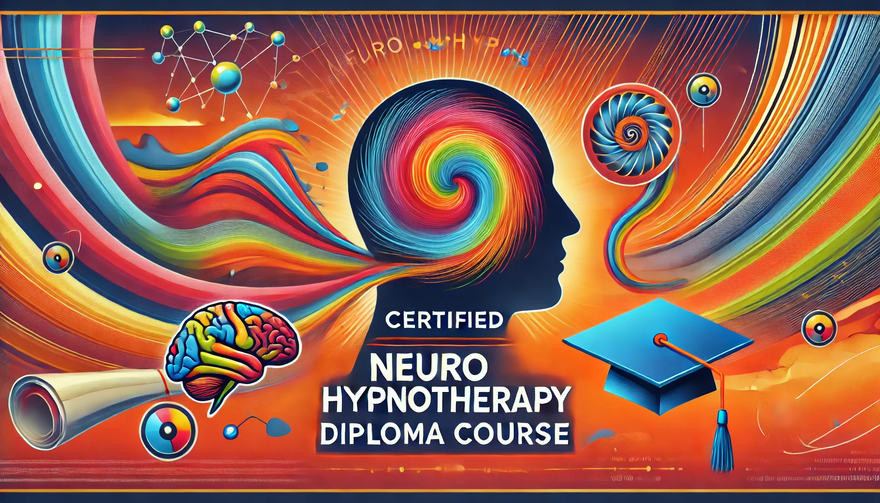What Are the Two Types of Learning in Neuroscience?

Learning is a fundamental process that enables organisms to acquire new knowledge, skills, and behaviours. In neuroscience, there are two main types of learning that are studied: associative learning and non-associative learning. 📚
Associative learning: Associative learning occurs when an organism learns to associate two stimuli or events that occur together. There are two main types of associative learning: a. Classical conditioning: In classical conditioning, an organism learns to associate a neutral stimulus (such as a tone) with a biologically significant stimulus (such as food), leading to a conditioned response (such as salivation). b. Operant conditioning: In operant conditioning, an organism learns to associate a particular behaviour with a consequence (such as a reward or punishment), leading to an increase or decrease in the frequency of that behaviour.
Non-associative learning: Non-associative learning occurs when an organism's response to a stimulus changes over time without any association between the stimulus and another event. There are two main types of non-associative learning: a. Habituation: Habituation occurs when an organism's response to a repeated stimulus decreases over time. For example, a loud noise may startle an animal at first, but with repeated exposure, the animal may become less responsive to the noise. b. Sensitization: Sensitization occurs when an organism's response to a stimulus increases over time. For example, an animal may become more sensitive to a painful stimulus after repeated exposure, leading to an increased response to the stimulus.
Different neural circuits and mechanisms in the brain mediate these two types of learning. Associative learning involves the formation of new connections between neurons, while non-associative learning involves changes in the strength of existing connections. By studying these different types of learning, neuroscientists can gain new insights into the neural basis of memory, behaviour, and cognition. 🧠 #NeuroscienceOfLearning #AssociativeLearning #NonAssociativeLearning

0 comments
Leave a comment
Please log in or register to post a comment